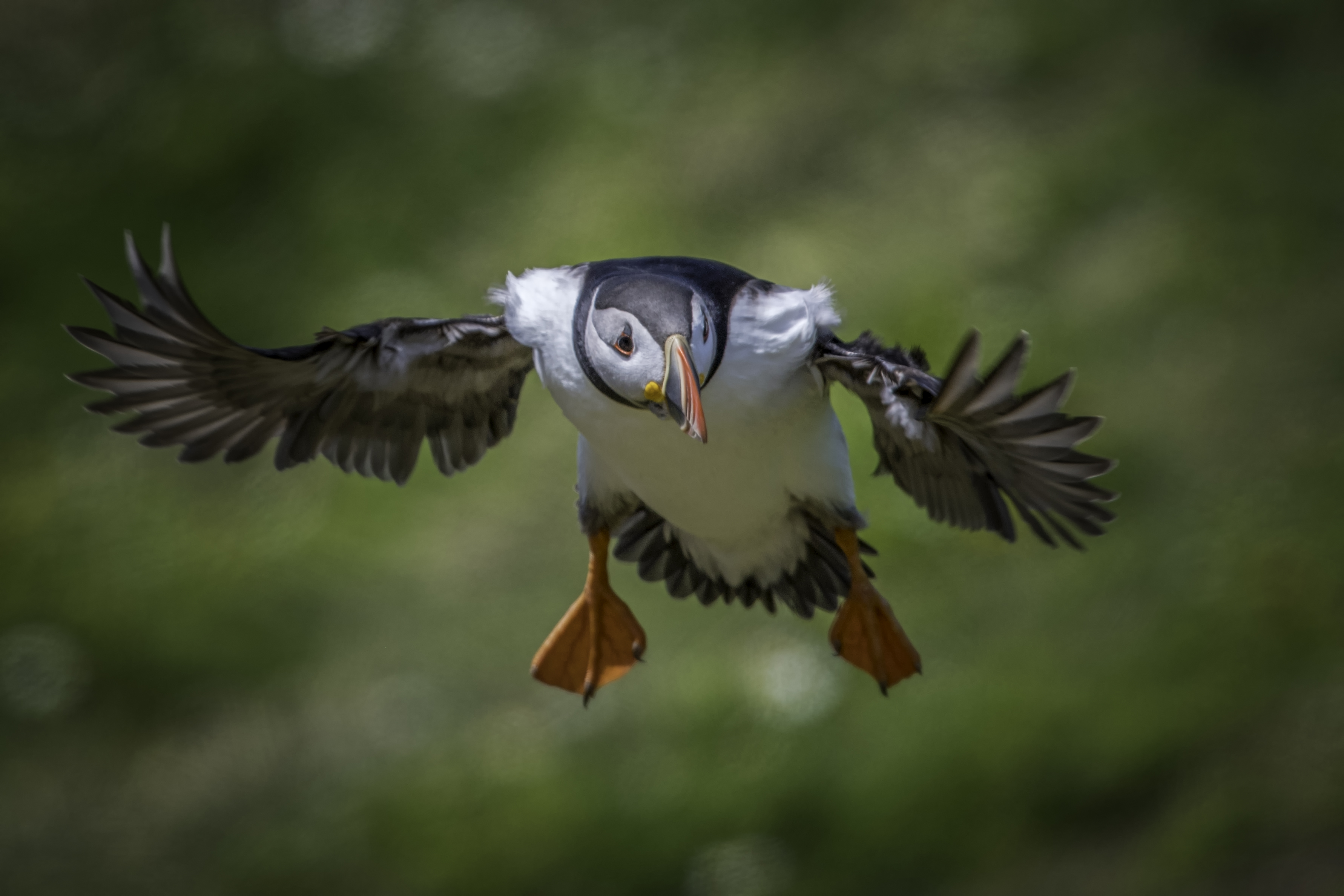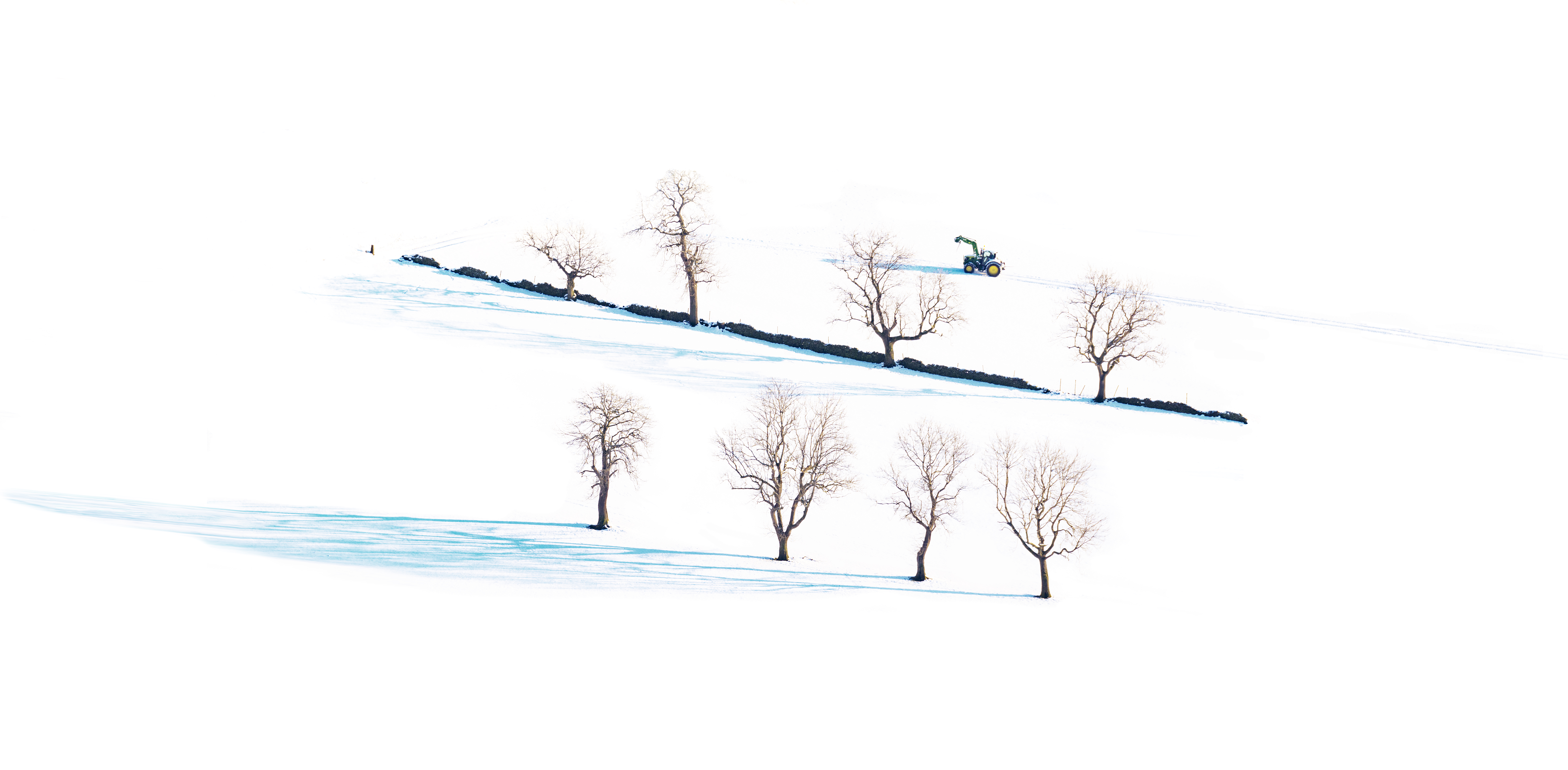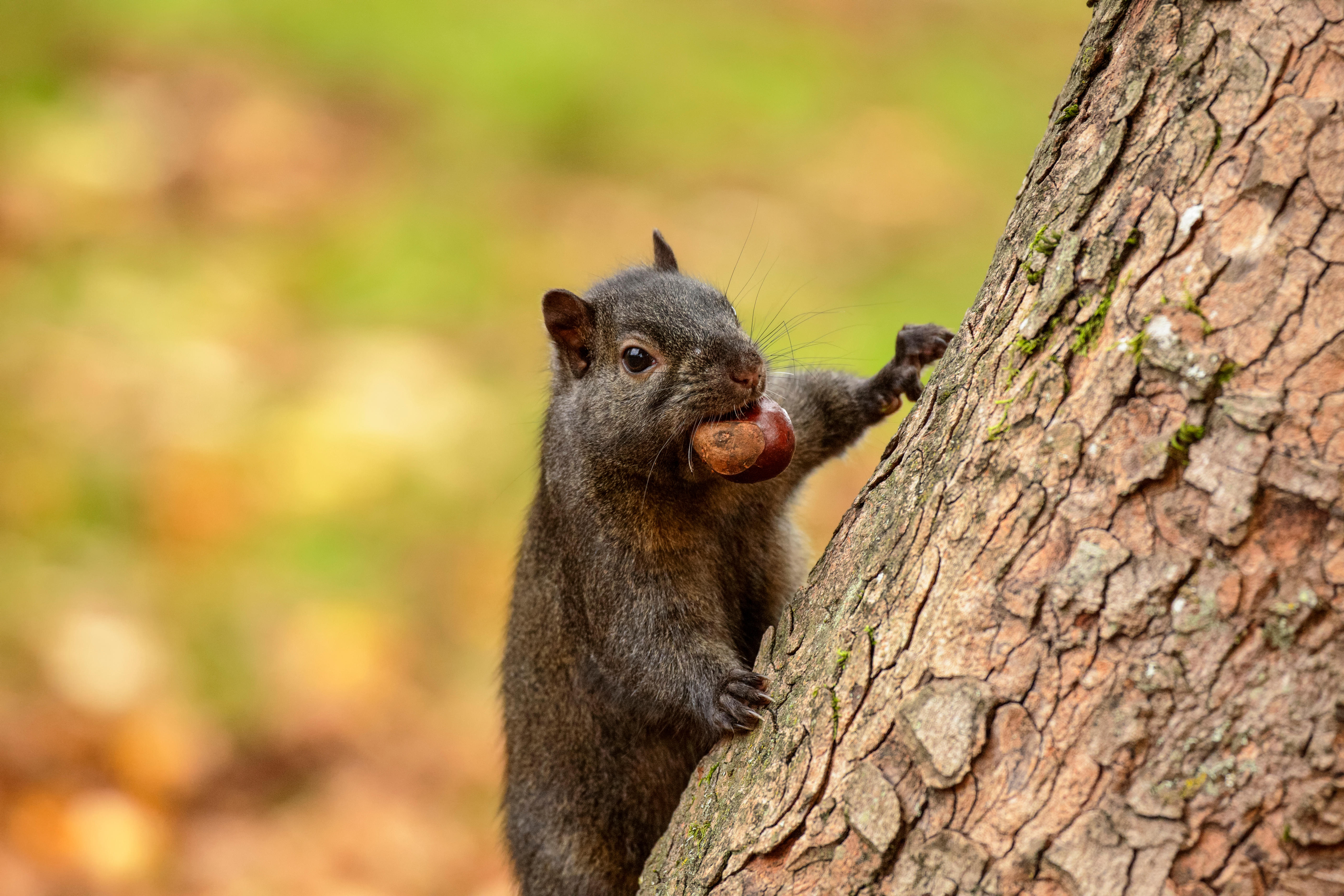Country Life Today: How four out of five children can't recognise a bumblebee or an oak leaf
Our daily news round-up looks at the giant penguins that once lived in New Zealand, discovers the long-lost features of an Iron Age woman and ponders why children seem to have lost their connection to the countryside.


What does a bumblebee look like? Far too many children have no idea
Children are losing touch with the countryside, according to a new survey, and are unaware what common wildlife and plants look like. 82% of children can’t recognise an oak leaf – and 83% don’t know a bumblebee when they see one.
Only half of five- to sixteen-year-olds were able to say what a stinging nettle looked like. Only the most iconic species — the fox and the hedgehog — were almost universally identified.
Monster penguins 'as tall as humans' once roamed New Zealand
The fossilised remains of a penguin the size of an average woman have been found in New Zealand, leading scientists to believe that a giant species inhabited the planet between 66 and 56 million years ago.
Today’s penguins are not a patch on their ancestors — the largest species reaches up to the average height of a seven-year-old child.
Snowfall across the planet found to be full of microplastics

'Abundant levels of microplastic pollution have been found in snow from the Arctic to the Alps,' reports The Guardian in the wake of research by Dr Melanie Bergmann of the Alfred Wegener Institute for Polar and Marine Research in Germany. Samples from remote spots such as Greenland and Svalbard contained 1,760 microplastic particles per litre, but far more – almost 25,000 per litre on average – were found at central European locations.
Exquisite houses, the beauty of Nature, and how to get the most from your life, straight to your inbox.
Revealed: The face of an Iron Age woman
The features of Hilda, an Iron Age druid who lived to reach 60 years of age, have been recreated in wax by University of Dundee student Karen Fleming.

Ms Fleming worked from Hilda’s skull and had to battle the summer heatwave, which almost melted the wax face before it had been completed. Full story (Country Life)
Vets warn pet owners about toxic blue algae that is fatal to dogs
Toxic blue-green algae can be fatal to dogs, who ingest them when drinking or swimming in water. As the algae proliferate across the UK, the British Veterinarian Association is urging owners to keep their pet on a lead when walking them near ponds, lakes and rivers.
On This Day... Macbeth died at the Battle of Lumphanan
The world’s most tragic villain lost his life to Malcolm III, from whose father he had taken the throne of Alba, on August 15, 1057. Despite Shakespeare’s depiction of Macbeth as a power-crazed usurper, he appears to have been a good king. Read more about Macbeth’s real story
And finally… award-winning bagpiper gets booed by neighbours
Alan Jamieson, a Scottish bagpiper who is a member of the City of Newcastle Pipe Band, received an anonymous complaint letter from neighbours asking him to stop ‘the pathetic attempt’ at playing the instrument and calling him ‘a public nuisance’.
Although some of the neighbours clearly are not fans, Mr Jamieson is rather accomplished — he’s won several trophies for his music. Full story (The Sunderland Echo)

Country Life Today: The mystery of black squirrels has been solved
Our daily news round-up looks at black squirrels, Paddington Bear coins and a python is spotted in Sussex.
Carla must be the only Italian that finds the English weather more congenial than her native country’s sunshine. An antique herself, she became Country Life’s Arts & Antiques editor in 2023 having previously covered, as a freelance journalist, heritage, conservation, history and property stories, for which she won a couple of awards. Her musical taste has never evolved past Puccini and she spends most of her time immersed in any century before the 20th.
